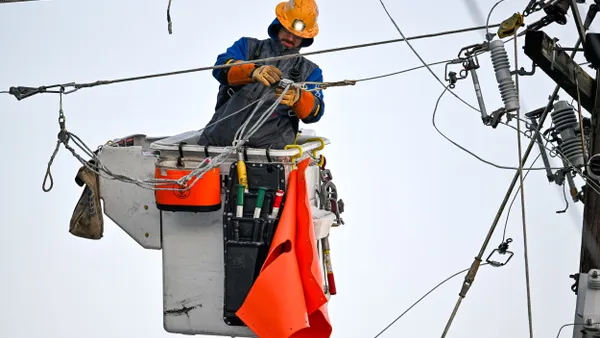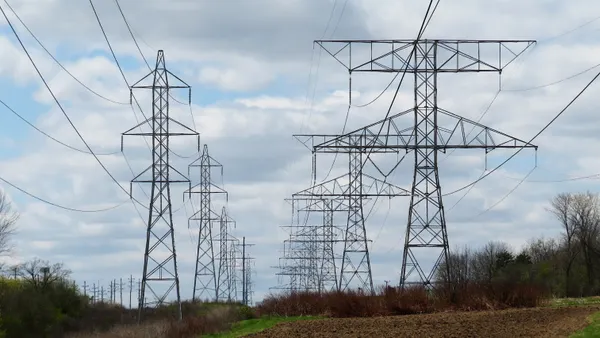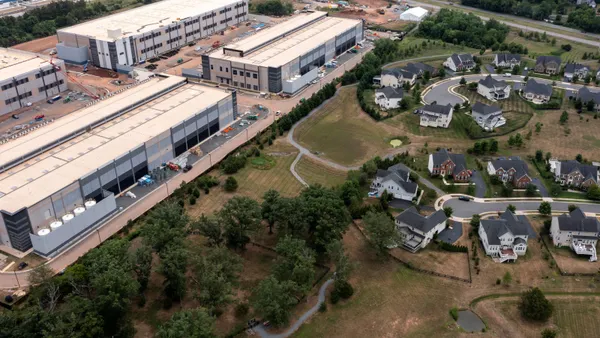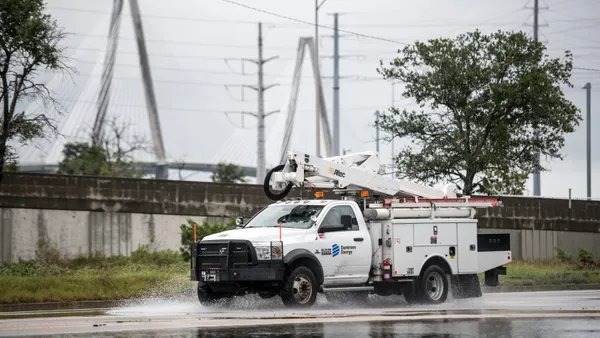Dive Brief:
- Commonwealth Edison has thrown its weight behind a broad proposal in the Illinois legislature to expand support for renewable energy in the state and to construct a more secure and resilient grid.
- The legislation, which is supposed to have zero impact on customer bills averaged over a 10-year period, includes measures to boost reliability, develop community solar projects and the expand energy efficiency programs.
- The bill would also move ComEd customers to demand-based rates and enable the utility to invest $300 million in six microgrids that will service public facilities and infrastructure.
Dive Insight:
ComEd is supporting legislation that supporters say will accelerate the development of a cleaner, more resiliant grid. Crains Chicago Business points out that the measure appears to be a response to a bill supported by Chicago Mayor Rahm Emanuel, aimed at generating jobs in the clean energy sector.
“The Smart Grid is the platform for our energy future,” ComEd President and CEO Anne Pramaggiore said in a statement. The bills, HB3328/SB1879, offer "a balanced and sustainable plan for Illinois to build upon this platform and enable energy customers to realize the full potential of a 21st Century grid.”
Sponsored by state Sen. Kimberly Lightford (D), Rep. Bob Rita (D) and Rep. Ed Sullivan (R), the legislation is expected to create at least 400 full-time equivalent jobs in Illinois. The initiatives will initially result in a modest decrease on the average monthly customer bill and a modest increase in later years, ComEd said, but when averaged over the entire 10 years of the program the impact on customer bills is negligible.
The legislation would enable ComEd to invest $300 million in six microgrids that will service public facilities and infrastructure that are integral to healthcare, homeland security, transportation and water services. The microgrid program is expected to create at least 300 full-time equivalent jobs.
The bill also includes an electric vehicle charging station pilot program is designed to jumpstart the electric vehicle market in Illinois by authorizing utilities to invest up to $100 million to construct 5,000 publicly accessible EV charging stations over a five-year period.
Among other provisions, the bills would allow utilities to expand energy efficiency offerings, including investments in voltage optimization, and would put in place a rate structure where residential customers would pay for power based on their peak demand, instead of overall consumption. The new plan would move residential rates to the structure used for decades by ComEd for commercial and industrial consumers, SNL Energy reports.













